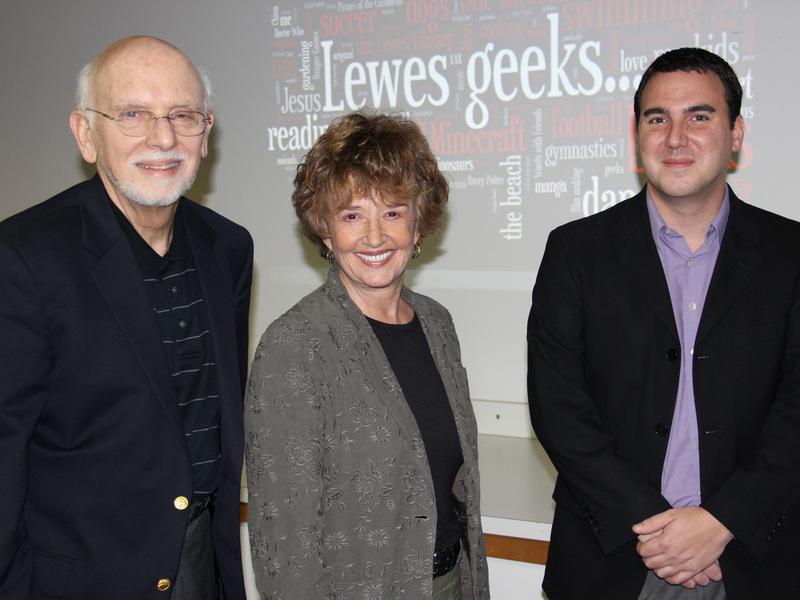Library authority sees evolution toward creative centers
Roger Levien, an international authority on libraries and technology, spoke to a crowd of more than 600 in Madrid, Spain, last weekend. Three days before his Madrid engagement, Levien gave the same presentation to a crowd of about 30 in the upstairs meeting room of Lewes Public Library. Lewes takes its First Town In the First State slogan seriously.
Levien has been working with Lewes to help it come to grips with the impact of technology on libraries. He opened his discussion with perspective: “Writing was invented in about 3,500 B.C. It amounted to private records - mostly about business transactions - etched onto clay tablets stored on wooden shelves. For the next 5,000 years it was the same basic technology. Then in 1455, with the invention of the Gutenberg press, writing evolved from a craft to an industry. The libraries we all grew up with used the same technology introduced in 1455.”
Now, said Levien, people walk around with smartphones which amount to pocket computers. “People carry libraries with them wherever they go. So, what's the future of libraries? Will they disappear, survive or thrive?”
Levien said libraries face four basic challenges:
• Digitization of information, which means all information is being reduced to electronic data
• Media ecosystem shifts, which means that now that everything is on the internet, what role do libraries play?
• Demographic changes, meaning the population of the nation is expected to grow to 440 million by 2050 with half of that number being immigrants and Hispanics
• Financial stringency, meaning there will be fewer dollars to work with.
The first two challenges are revolutionary; the latter two are evolutionary. But he said libraries have competitive advantages which he concludes will allow them to thrive into the future. Libraries are people- and service-oriented; have a sense of place because of their physical facilities; their price is right - free; their principles are high: freedom, privacy and no bias; and they are a source of pride as a community asset.
Levien expects libraries of the future to shift from individual to community focus, serving higher-order community needs. He sees a gradual shift from libraries where collections are housed to libraries becoming places where things are created. He mentioned revolutionary 3D printers which users feed information into and which then use layers of plastic to create objects. “Libraries raise the level of the whole community. They will increasingly be enablers of adaptation to change.”
Levien said libraries of the future must focus on flexible space, with open floor plans and few fixed walls. “I see big lofts with movable walls, cable channeling in the floors, not shelves rooted in stacks. They will have the 3D printers; they will survive and thrive. They will be the creative centers of their communities.”





















































